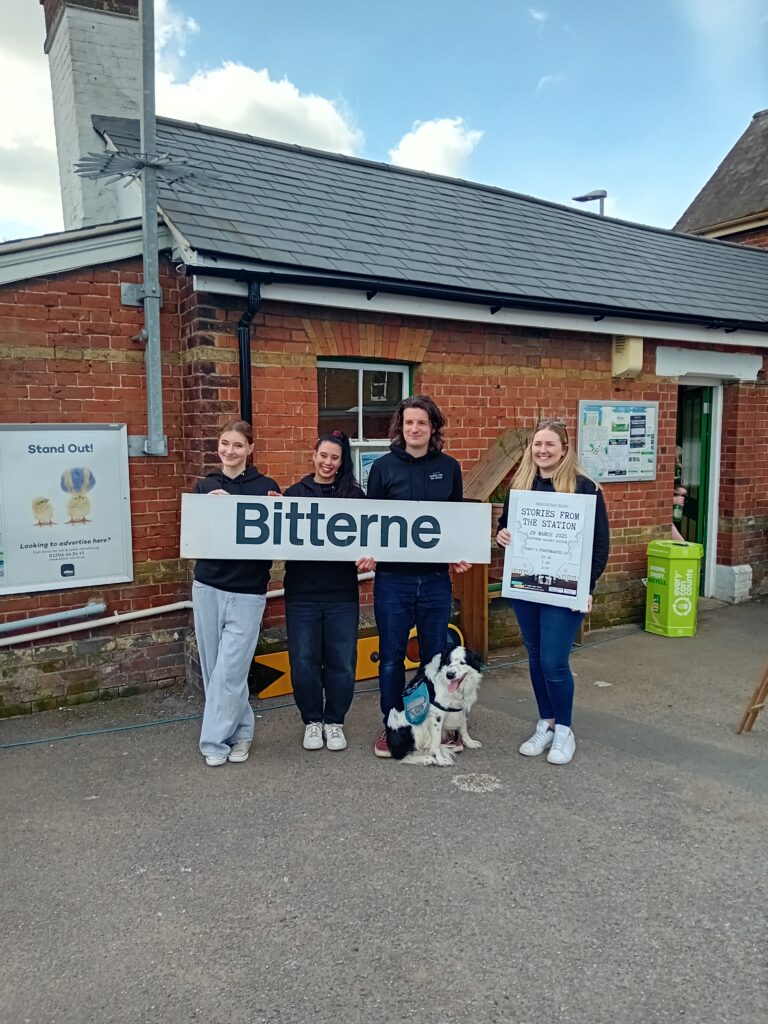Community rail partnerships and station groups are encouraged to get involved with an innovative project helping communities to connect with their railway history.
The Railway Work, Life and Death project (RWLD) is a joint initiative between the University of Portsmouth, the National Railway Museum and the Modern Records Centre at the University of Warwick. They also work with other institutions including The National Archives of the UK and the RMT Union.
The initiative aims to make it easier to find out about railway worker accidents in Britain and Ireland from the late 1880s to 1939, providing data about who was involved, what they were doing on the railways, what happened to them and why.
RWLD volunteers are transcribing records and inputting them into the database, which currently contains around 50,000 cases and is freely available from the project website.
The project has even started to expand beyond railway workers, by including people who had a reason to be on or around the railway and will include passengers in the future too.
Some CRPs and station groups are already engaging with RWLD. Southeast Communities Rail Partnership included a rail worker from the RWLD database, William Betterton, in its ‘blue plaques’ scheme for Railway 200. In March, three people from the database were featured in a community performance at Bitterne Station on the Three Rivers CRP network, and the Westerfield Station Adopters are looking at including the story of porter Harry Davey in the book they’re producing about the station.

Posters about former railway staff will be going into stations on the Hills to Harbour CRP route. Lucy Lomax, Hills to Harbour project officer, said: “It’s good to collaborate with community groups and universities where they’re working on railway topics – we’re looking forward to finding out more about some of the past railway workers in our area and sharing that with the communities they once lived and worked in.”
Dr Mike Esbester, senior lecturer in history at the University of Portsmouth, said: “In the Railway 200 year, there’s even more interest than usual in the history of our railway lines and stations. However, what can be missing is the human element.
“These records give us a window into the railway of the past. It’s an immensely valuable way for CRPs and station adopters to explore the history of people on their routes or stations. It provides detail on the human stories of our rail network, told sensitively to help expand public appreciation of our railway history.
“The project would like to work with CRPs and station adopters, to help you make use of the RWLD database and resources. They welcome your contact with questions and ideas.”
Find out more about the Railway Work, Life and Death here.